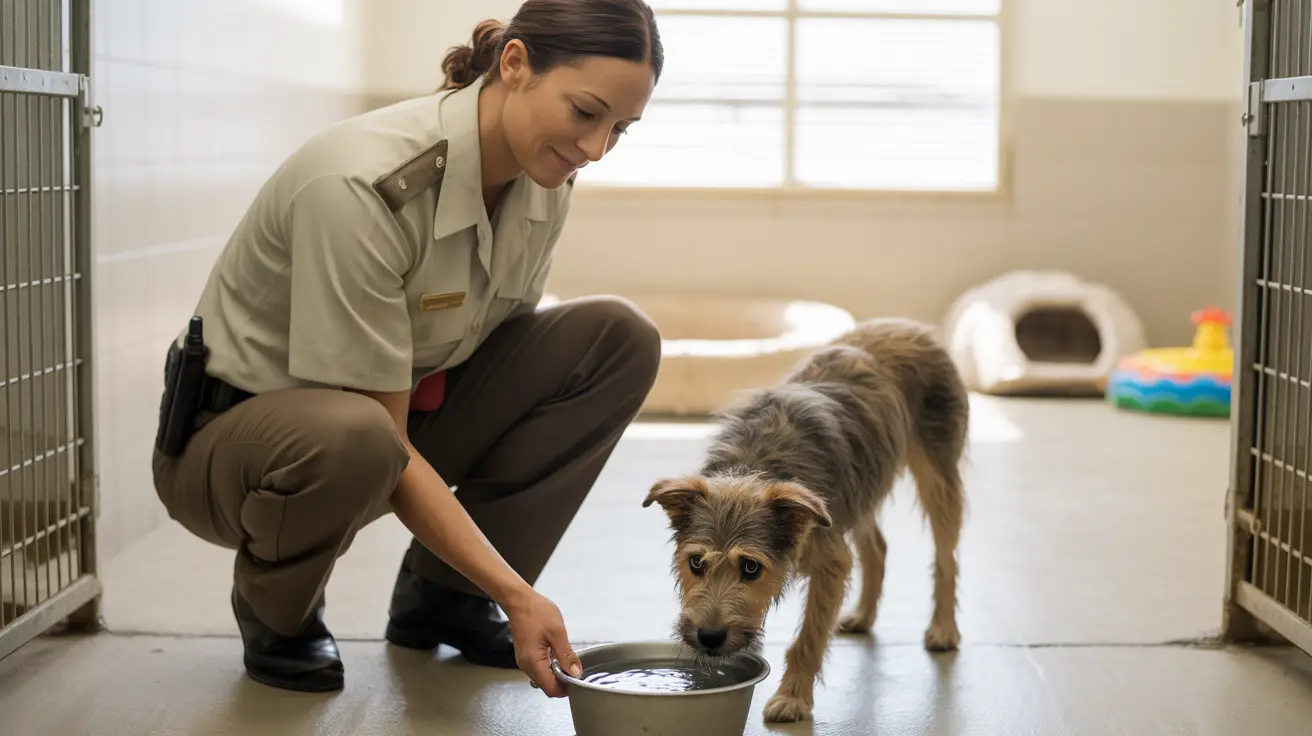How to Tell If Your Dog Has Worms: Warning Signs and What to Do
Worm infestations in dogs are common and can cause a wide range of health problems if left untreated. As a responsible pet owner, it's important to recognize the signs and take immediate action. This article outlines how to tell if your dog has worms, common types of worms, symptoms to watch for, and what to do next.
Common Types of Worms in Dogs
Dogs can be affected by several different types of worms, including:
- Roundworms: Long, spaghetti-like worms found in the stool or vomit.
- Hookworms: Tiny parasites that feed on blood and can cause anemia.
- Tapeworms: Flat, segmented worms often seen in feces or around the anus.
- Whipworms: Small worms that infest the large intestine, causing inflammation.
- Heartworms: Transmitted by mosquitoes and affect the heart and lungs.
Signs Your Dog May Have Worms
Recognizing the symptoms of a worm infestation early can prevent further health complications. Look out for the following warning signs:
- Visible worms in your dog’s stool or vomit.
- Diarrhea, sometimes with blood or mucus.
- Vomiting, which may contain worms.
- Abdominal bloating, especially in puppies.
- Weight loss, despite a normal or increased appetite.
- Dry or coarse coat, indicating malnutrition.
- Dragging or scooting their rear on the ground due to irritation.
- Lethargy or weakness from nutrient depletion.
- Coughing, particularly in the case of heartworms.
- Itching or skin irritation caused by allergic reactions or parasites.
How Dogs Get Worms
Understanding how dogs become infested with worms can help you protect your pet. Common transmission methods include:
- Ingesting contaminated soil, feces, or prey animals.
- Fleas carrying tapeworm larvae.
- Transmission from mother to puppy during pregnancy or nursing.
- Being bitten by mosquitoes (for heartworms).
Diagnosing Worms in Dogs
If you suspect your dog has worms, a visit to the veterinarian is essential. Diagnosis typically includes:
- Fecal examination to detect worm eggs.
- Blood tests, particularly for heartworms.
- Physical examination and symptom review.
Treatment Options
Fortunately, worm infestations in dogs are treatable with several options:
- Deworming medications prescribed by a vet, usually given orally.
- Topical treatments for specific parasites.
- Heartworm treatment protocols involving medication and rest.
Always follow your vet’s recommendations and complete the full course of treatment to ensure all worms are eliminated.
Prevention Tips
You can help prevent worm infestations by:
- Keeping up with regular deworming schedules recommended by your vet.
- Maintaining flea and tick control to prevent tapeworm transmission.
- Cleaning up dog waste promptly to avoid contamination.
- Ensuring your dog only eats clean, safe food and avoids scavenging.
- Having regular veterinary checkups and fecal exams.
When to See a Vet
If your dog shows any symptoms of worms or you see visible parasites, consult your vet promptly. Early intervention is key to preventing serious health issues, especially in puppies and senior dogs who are more vulnerable.
Summary
Recognizing the signs of worms in your dog—such as vomiting, diarrhea, weight loss, and visible parasites—is essential to maintaining your pet’s health. With prompt diagnosis, appropriate treatment, and diligent prevention measures, you can keep your furry friend worm-free and thriving.





